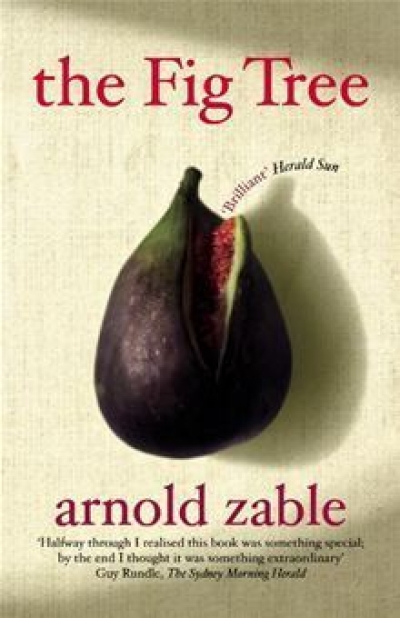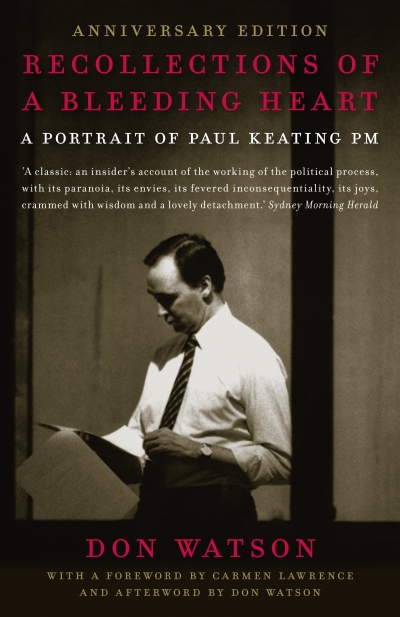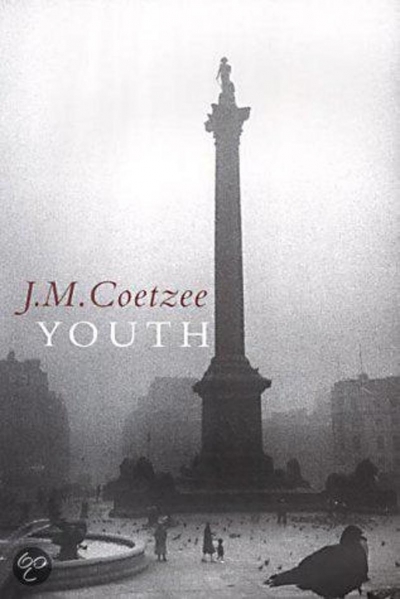Archive
The Penguin Book of Etiquette: The complete Australian guide to modern manners by Marion von Adlerstein
by Anna Goldsworthy •
ABR welcomes concise and pertinent letters. Correspondents should note that letters may be edited. They must reach us by the middle of the current month. Emailed letters must include a telephone number for verification.
... (read more)Recollections of a Bleeding Heart: A portrait of Paul Keating PM by Don Watson
by Neal Blewett •
At seven o’clock on the morning of 2 February 1999, I was due at the Memorial Hospital in North Adelaide to relieve my older sister at my mother’s bedside, where she had been all night. The alarm was set for six. At five-thirty, I was woken by the phone; my mother had died, as we had known for a couple of days that she would, from complications following a cerebral haemorrhage.
... (read more)







